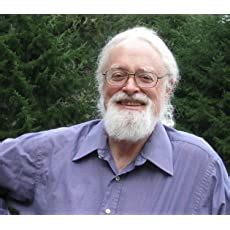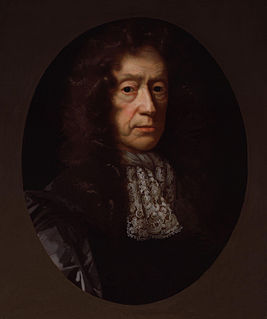Цитата Айрис Мердок
Слова — это самые тонкие символы, которыми мы обладаем, и от них зависит наша человеческая ткань.
Связанные цитаты
Математики могут тешить себя мыслью, что они обладают новыми идеями, которые простой человеческий язык еще не в состоянии выразить. Пусть они приложат усилия, чтобы выразить эти идеи подходящими словами без помощи символов, и если им это удастся, то они не только возложат на нас, мирян, неизгладимое обязательство, но, осмелимся сказать, они окажутся весьма просветленными во время процесса, и они даже сомневаются в том, что идеи, выраженные в символах, когда-либо нашли выход из уравнений в их умы.
Некоторые мистики утверждают, что реальный мир был создан человеческим разумом, поскольку наши пути управляются искусственными категориями, в которые мы помещаем вещи, по существу недифференцированные, вещи более слабые, чем наши слова для них. Мы верим, что изобретаем символы. Правда в том, что они изобретают нас; мы их создания, сформированные их жесткими, определяющими краями.
На протяжении всей истории человечества люди проявляли сильную привязанность к традициям, ритуалам и символам. В самых эффективных организациях их не только уважают, но и прославляют. Не случайно корпорации, которыми восхищаются, также являются и одними из самых прибыльных. Почему? Потому что все участники привержены определенным основным ценностям, не подлежащим обсуждению. Традиции поддерживают их жизнь. Ритуалы, такие как особые случаи, подтверждают их. Символы служат постоянным напоминанием об их непреходящей важности.
Есть мышление в первообразах, в символах, которые старше исторического человека, врождены в нем с древнейших времен, вечно живы, переживая все поколения, до сих пор составляют основу человеческой психики. Жить полной жизнью можно только тогда, когда мы находимся в гармонии с этими символами; мудрость есть возвращение к ним.
А для взрослых мир фантастических книг возвращает нам великие слова силы, которые мы, чтобы приручить, вырезали из нашего взрослого словаря. Эти слова — порнография невинности, слова, которые взрослые больше не используют с другими взрослыми, и поэтому мы смеемся над ними и отправляем в детскую, маскируя страх под цинизм. Это слова, которые были выкованы в земле, воздухе, огне и воде человеческого существования, и это слова: Любовь. Ненавидеть. Хороший. Зло. Храбрость. Честь. Правда.
Мы вырезаем на своем теле то, чему нас учит общество, и продолжаем выполнять эту задачу, не зная, к какой идентичности нас принуждают. Эта идентичность высечена на наших лицах и нашей коже. Не зная, что наши тела стали «бумагой из человеческого мяса», мы набиваем наши тела и превращаем их в театр, где играют культурные символы или подавленные символы.
Мы существуем только благодаря тому, что мы имеем, мы обладаем только тем, что действительно присутствует в нас, и многие из наших воспоминаний, наших настроений, наших идей уплывают в свое собственное путешествие, пока не теряются из виду! Тогда мы уже не сможем учитывать их в целом, которое есть наша личность. Но они знают тайные пути, по которым можно вернуться к нам.
Чего дети не понимают и не могут понять, пока не вырастут, так это того, насколько вся структура и процесс человеческого общества зависят от того, соглашается ли каждый большую часть времени игнорировать тот факт, что все мы, большинство времени, неадекватный, некомпетентный, жалкий и, по сути, голый для наших врагов. Ни у кого из нас на самом деле нет особых духовных, нравственных одежд. Мы одеваемся в лохмотья. И мы согласны ничего не говорить об этом. В очень большой степени нас одевает человеческое милосердие.
Я заканчиваю словом о новых символах, которые я использовал. Большинство писателей по логике решительно возражают против всех символов. ... Я должен посоветовать читателю не принимать решения по этому вопросу, пока он хорошо не взвесит два факта, которые никто не оспаривает, как по отдельности, так и в связи. Во-первых, логика — единственная наука, которая не продвинулась вперед со времени возрождения письма; во-вторых, логика — единственная наука, которая не произвела роста символов.
Насколько нам известно, Земля — единственная планета, поддерживающая жизнь, и единственная планета, на которой мы можем выжить. Наши тела и наши умы сформированы им. Наши сердца резонируют с ним. Человеческому духу будет мало радости, если мы разрушим естественную ткань Земли, и ничего не останется, кроме как ходить по магазинам. Когда мы представляем себе мир через столетие, когда смотрим в глаза нашим правнукам и видим, как они улыбаются нам в ответ, потому что знают, что мы заботимся о них, мы тоже улыбаемся!







































